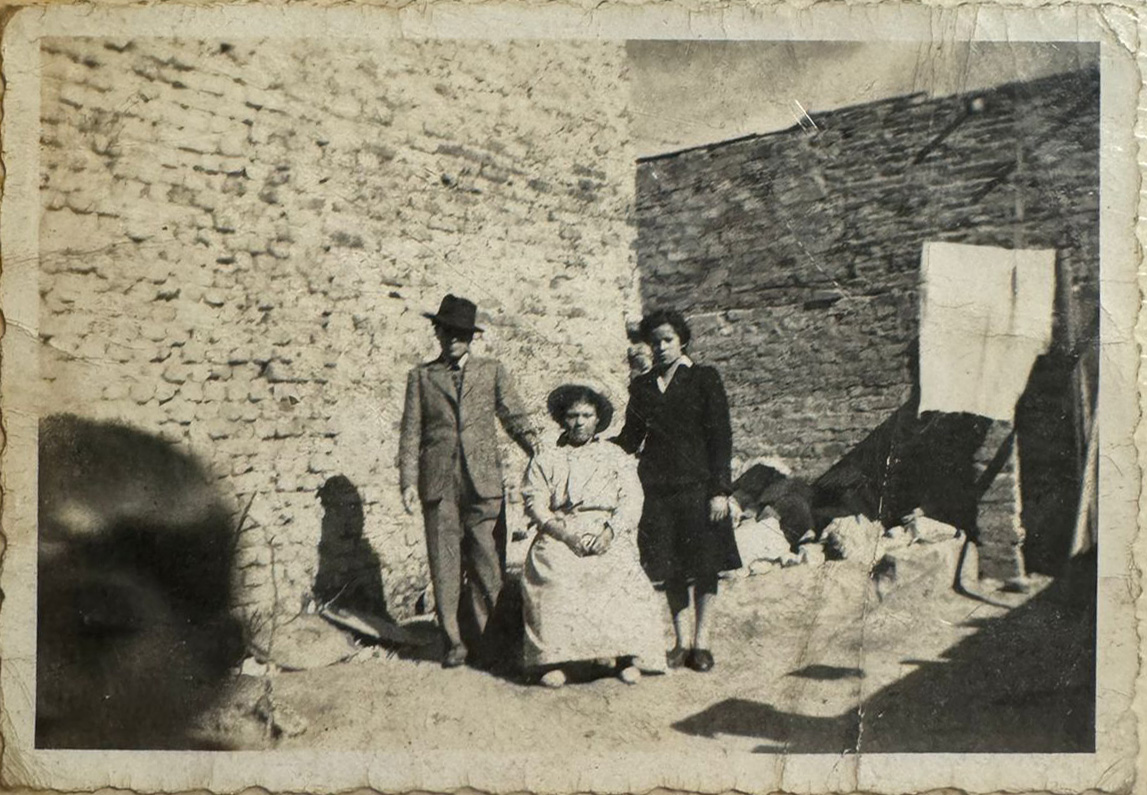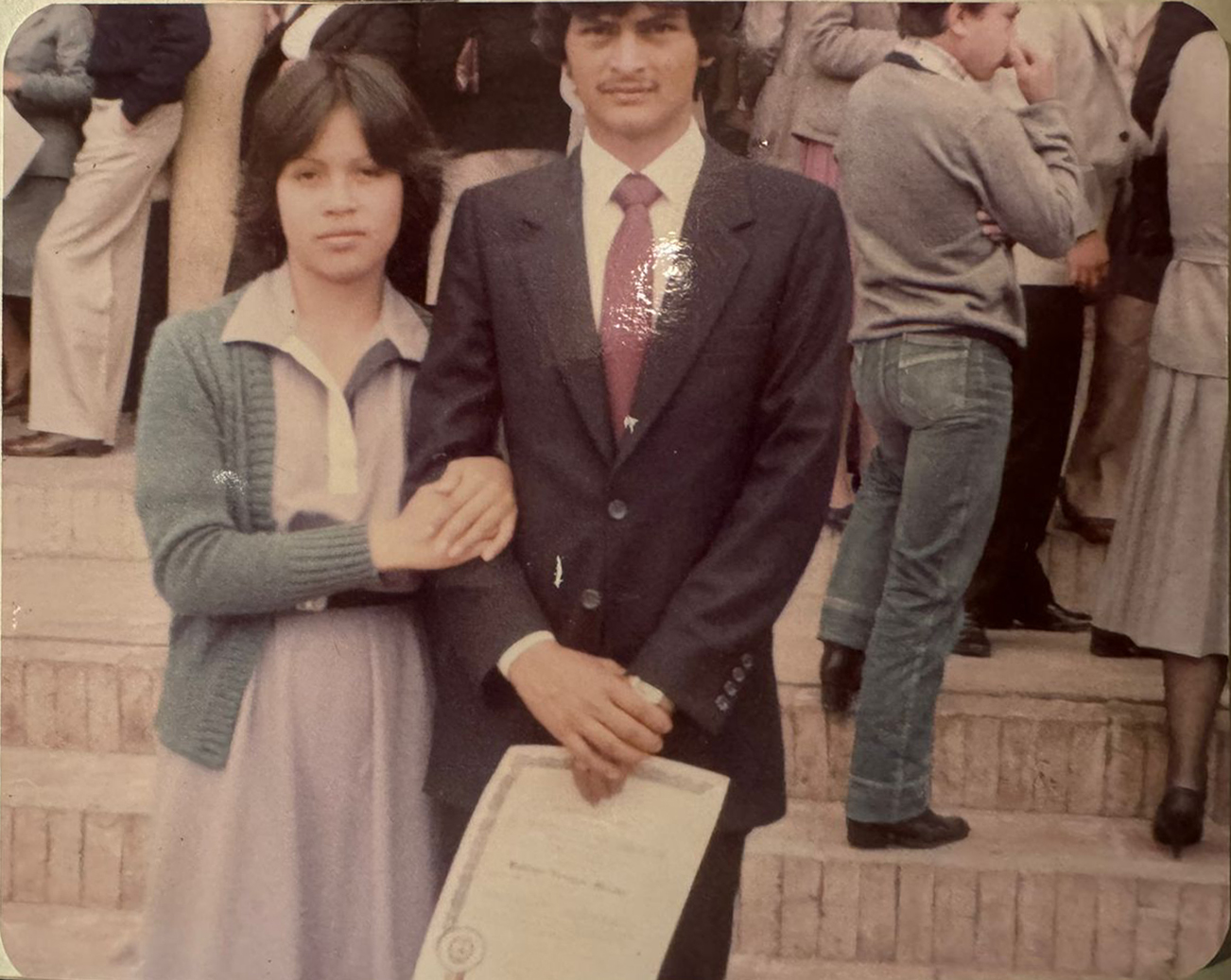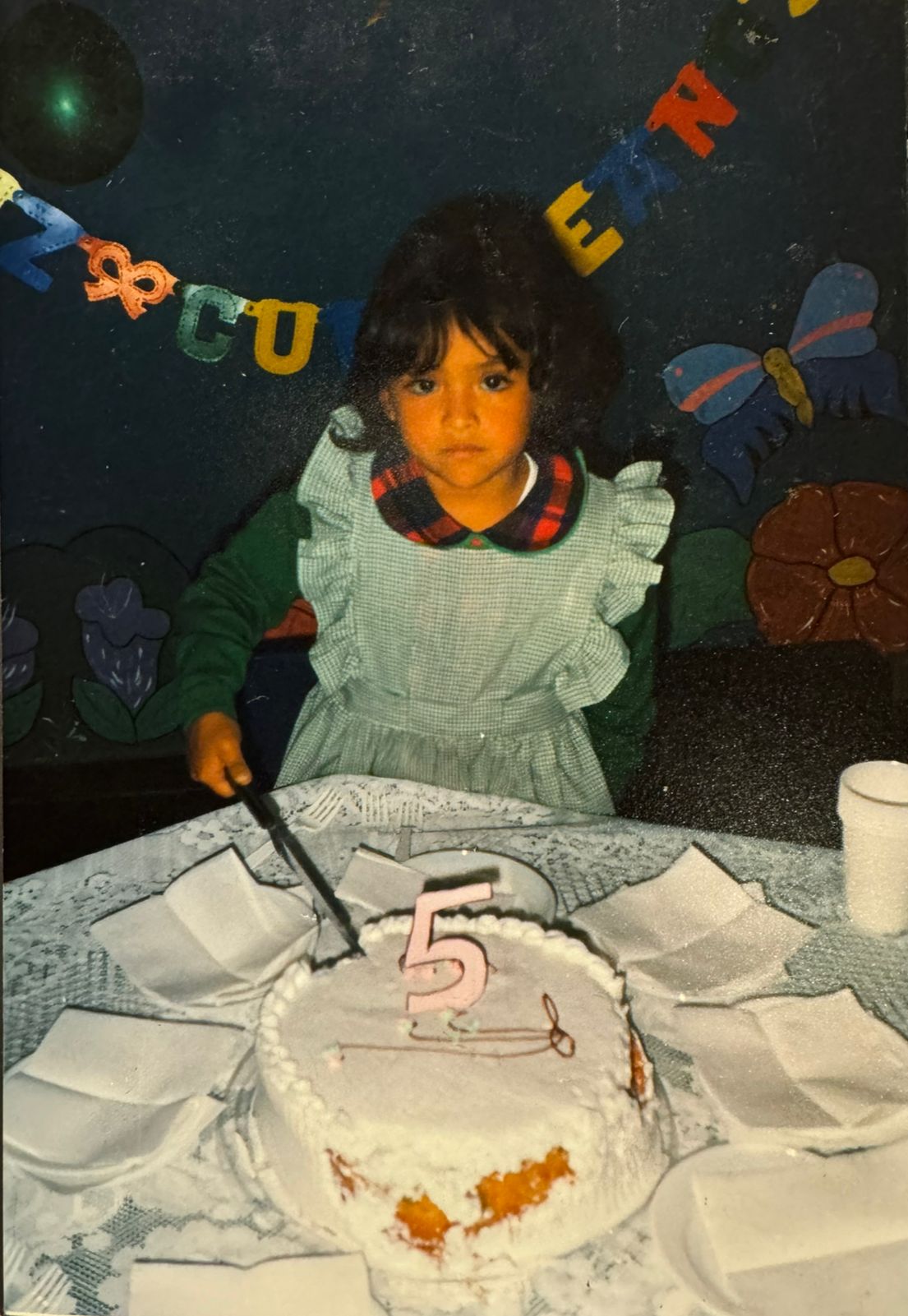This exploration of solitude begins with a personal journey—my first encounter with loneliness. Even though it happened so many years ago, it remains one of my earliest memories, and I find it almost amusing that, from the very beginning, loneliness was there. I didn’t know then that it would become a constant companion through different stages of my life.
I lived in a house on the outskirts of the city, in a neighborhood surrounded by industrial garages and closed doors. My parents worked tirelessly, hoping to give me everything they had lacked in their own lives, sacrificing their time and energy. Meanwhile, I waited in daycare until every other child had gone home, waiting for my parents to pick me up, just to have dinner, sleep, and repeat the routine.
My grandparents, who babysat me, were often busy with chores, so I explored the empty house and my imagination. I had a few scraps of paper, old clothes, a TV, and a handful of toys. The world was simple, empty, but still a marvel.



